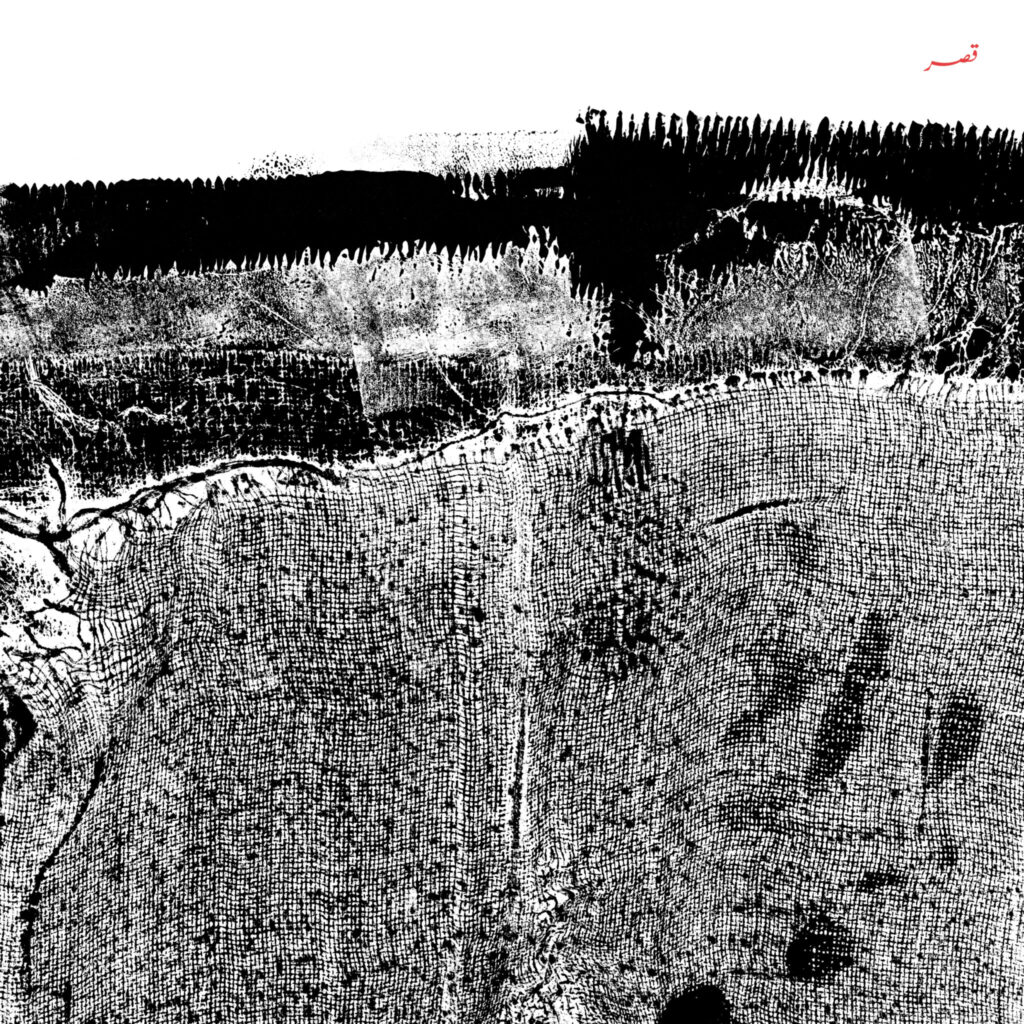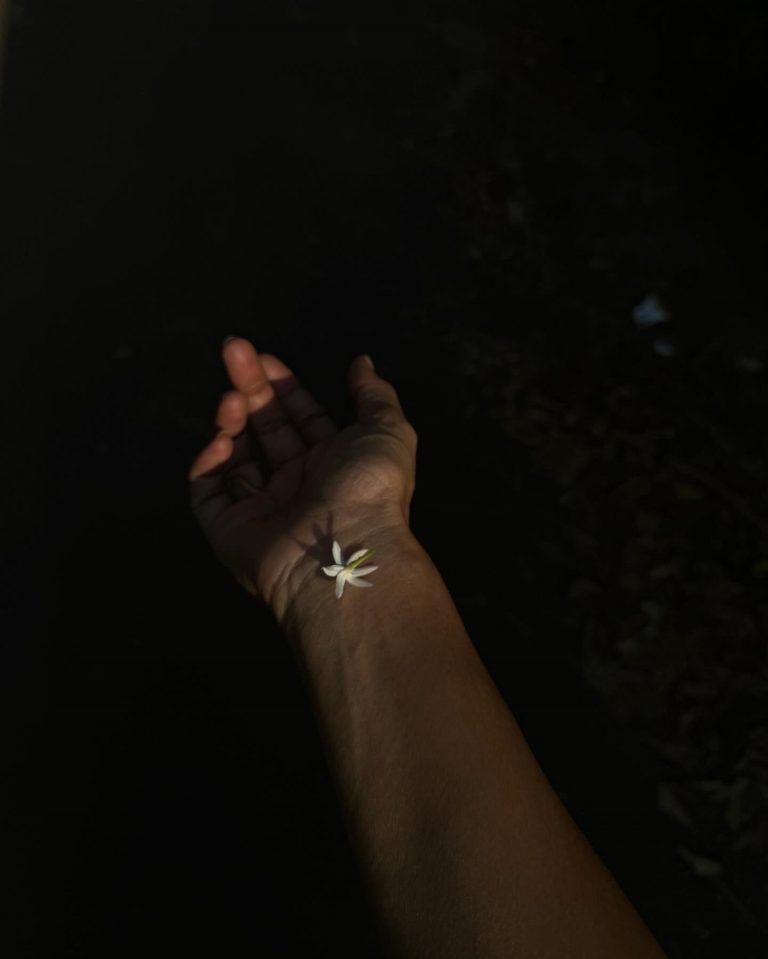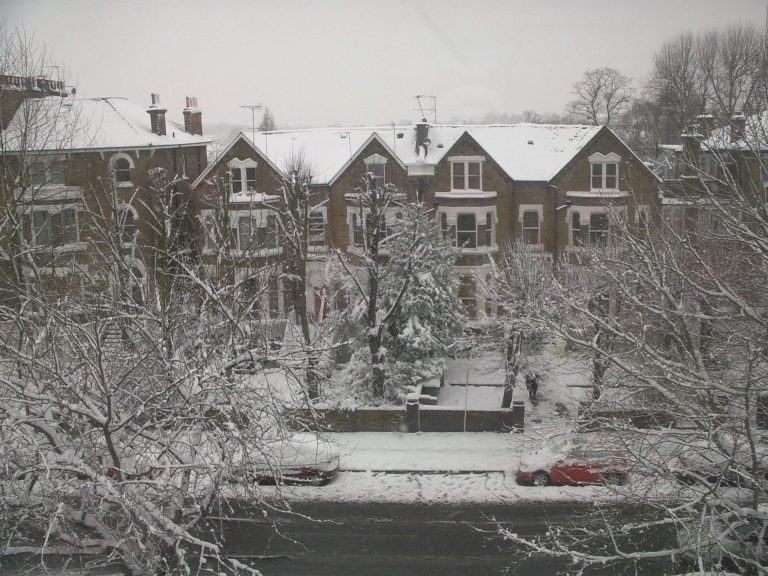androoni bairooni

Mumbai. Kya sheher hai yeh…
Did I pronounce that correctly?
Gender, grammar ok?
Sheher is masculine, right?
(beat)
I grew up in Wine country in California. Yet the most romantic place I could often think of throughout my childhood was Mumbai, the city of Bollywood, with its starlets, its skylines.
I recall a romance here on one visit. A broken romance. One that I returned to the US from, jarred and punctured. But years later when I close my eyes sometimes, I’m still 17 here. There are no consequences, Bollywood is real life.
I’ve been thinking for long about what to say to my audience tonight, at my first musical event in the subcontinent, where I am the so-called headliner.
Should I say that i’ve dreamt of performing for audiences in India my whole life?
For eyes and ears here to embrace me?
To make me feel whole and real and legitimate?
When my own country couldn’t?
How I’ve avoided this as long as I could?
Only so I could feel the strongest I could before you?
Should I tell you how terrified I am?
There are so many things I want to say. I’m also afraid of saying too much, giving too much of myself away; such that I disappear and belong to something else entirely afterwards.
Over the years, I’ve made myself accustomed to being on stage, with a sea of mostly white faces gazing back at me. A slip of a lyric in Urdu means little. Sometimes I fuck with lyrics on purpose, saying nonsensical things, Hindi mein. And to the chehre saamney, it’s all still beautiful, ethnic. I start to believe so too.
To look upon an actual, “Indian” audience then, I feel seen, exposed, shy. It’s painful. Whenever I perform abroad, there’s the perverted safety in knowing the faces before me can never truly know where I pull from when I sing, what the spaces and crevices inside of me really look like. It may have produced a thick loneliness inside of me, but it also made me not have to take any performances too seriously. Which as an artist is nice.
But here that ceases to be true.
I feel like I’ve been caught, red-handed. Doing what, I don’t really know.
In this globalizing era as the Empire strikes back, we sometimes are lucky to see the reversal of violence as a product of generational inqalaab, the confrontation of – and healing of dense trauma, the reclamation of lost heritage and legacies, language.
Perhaps this has been happening forever, and we’re just experiencing a kind of cosmic, cyclical continuum, and tonight really isn’t all that special after all.
I’ve spoken to people in and from India many times, real “authentic” Indians about the themes I pull from with my artistry. I say the buzz words: that I am inspired by experiences of migration, diaspora, displacement, imagined homelands. Blah, blah.
Many times I watch some of their eyes glaze over as I speak, they become bored, irritated even.
I’m so proud and in awe of them in that moment, as I simultaneously try to self-soothe, feeling myself evaporating. I’m floored by how rooted they seem, how little they have to reach to “know” themselves. It’s incredible to see beings who in my mind have never been stripped of the crux of their so-called identity, left butt naked.
With time I’ve learned not to envy the “authentic” people. I’ve learned that i’m from a land too, a constant kind of nationality that I share with many others, where i’m always surprised to find fellow tribespeople who may look something like me, but also completely different, with purple eyes and blue skin for example. We belong to a land I sometimes refer to as Khwaabistan, made of people neither here – nor – there, a fantastical place that lies in the great plains of the so-called In Between.
Initially I had planned for the audience to take off their shoes and sit on sheets. Now I recognize how different that translates in my mind versus theirs perhaps. It’s just that such an act would appear quite earthy and wondrous in the context of say, New York where i’ve made a new home. But I wonder if it would be a great inconvenience, an unnecessary performative ritual, whose meaning and essence anyway runs in your veins here…
I thought about saying that people like me dream about and feel nostalgic for a so-called Motherland, delighting in the knowing that we can always venture back here, to Return and be rooted & restored once again.
I think of Palestine.
But really what happens nowadays is that I arrive here in India and i’m brought to my knees, mocked by the flagrant rejection of the time capsule i’ve arrived in, revealing that I smuggled the world and psyche my parents had packed with them when they immigrated to the US during the 1970’s.
Moments of frantic disorientation, bodily shock, cold speechlessness.
Sometimes I yearn to stay here in India forever, to “fully convert” so to speak, and lately that’s begged the question of, do I lose everything I’ve built as an artist if I do?
I am the so-called diasporic artist right? She who sits on the delicate faultline of neither – here – nor – there. Where will the music come from if I am re-absorbed into the homeland, safe and sound?
Would I ever fully naturalize here anyways?
(grunt)
I hate myself in India.
There are perpetual reminders of my foreignness: my phobia of crossing the street, my inability to look at chickens waiting in crates beneath the board they will be slaughtered upon, smelling their brothers’ and sisters’ flesh cooking just above their heads.
In India, we know that life is bare and exposed, and I am rendered helpless, a tall girl-child. I suddenly yearn for the cruel, invisibilized violence of the Western world, where at least I can look around and pretend that everything is alright some of the time.
Here, I feel myself reek of caste and class privilege, and I remember I can never know what life truly means here, never fully.
So I leave, panicked and in a hurry to feel in-between again. Lately I’ve been noticing this cycle. And of course when I go back I am so fully, wondrously Indian for a while. I hug friends there in the US a little tighter, I forgive family members a little easier, I am more hit like a train with the stench of loneliness that pervades daily life there compared to here.
And then perhaps the Indianness slowly fades away. People tire me more easily, I seek my personal space. I search for remnants of South Asian heritage that made their way there, trinket-reminders of Home, my real Home, right?
In those in-between periods are when the music emerges, like pretty insects after a heavy rain. Soon after, like clockwork, the music stops coming to me eventually, and I realize I need to sip from the motherland once again. And so I then find my way back here joyfully, only to be promptly slapped in the face with how American I am and always was. And the cycle begins itself once more.
I wonder how you will feel about that. If it’s gross.
I wonder how you will perceive my lyrics in Hindi and Urdu. I feel compelled to convince you that if anything has been misgendered or feels grammatically nonsensical, it was intentional. That I was trying to hone the broken way diasporic people speak as a kind of signature, to honor the way we often talk like babies when we are disconnected from our supposed to – be mother tongue.
But to you these little deviations may seem like plain disrespect, or just bad lyricism.
If nothing else about my artistic project resonates, I will leave you with this. Identity crisis and flux, is that not at the core of life everywhere, especially in India, with our infinite legacies and lineages, being hyphenated and morphed by this New World that moves at the speed of light?
Why is it so important to me that you connect with the heart center of my musicality, and see virtue in art-making, love-making around the immigrant experience, oh native insaan?
Who are the natives, by the way? And who are the imports…
The insiders and outsiders?
What is this negotiation, how do we negotiate, should we, do we care about this?
What is the Authentic, what comes from the earth.
Farzi aur asli kya hai?
(breath, whimper)
In this fast-moving, ever-migrating world, what do we choose to preserve, where do we place our Ancient?
I present to you Qasr, an encapsulation of some of these questions, and the tears and blood, the noise that results from them.
Close your eyes, tune in. Let’s listen together.
Or don’t. Maybe you don’t need it.



